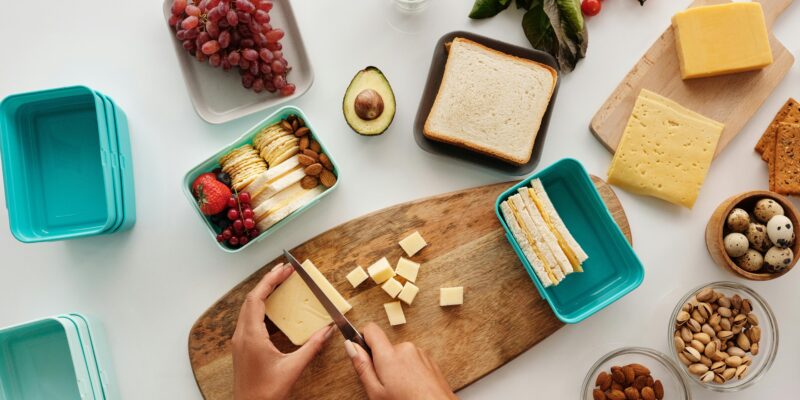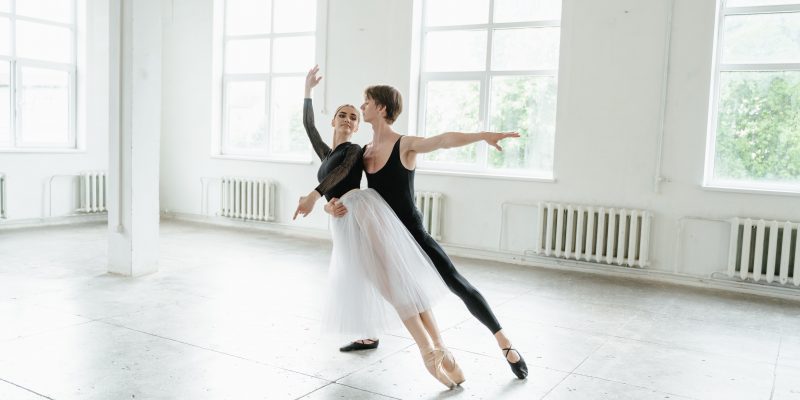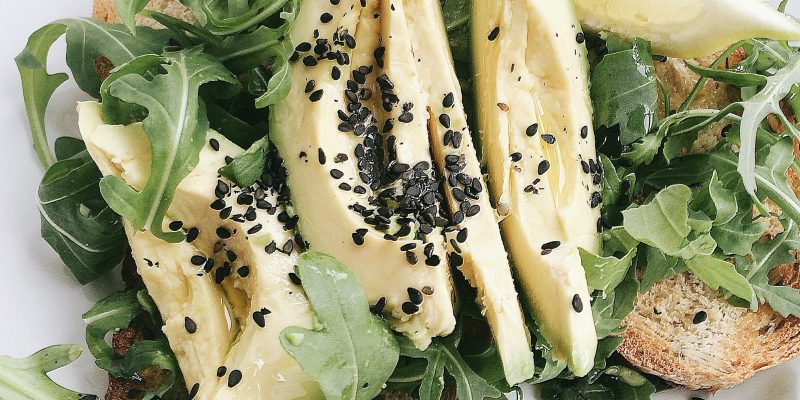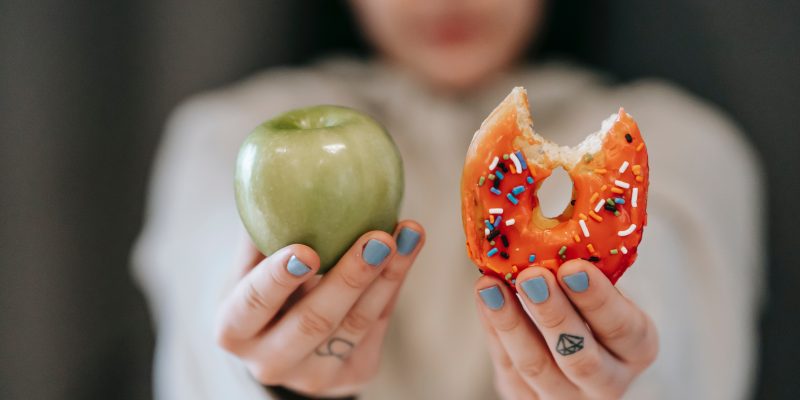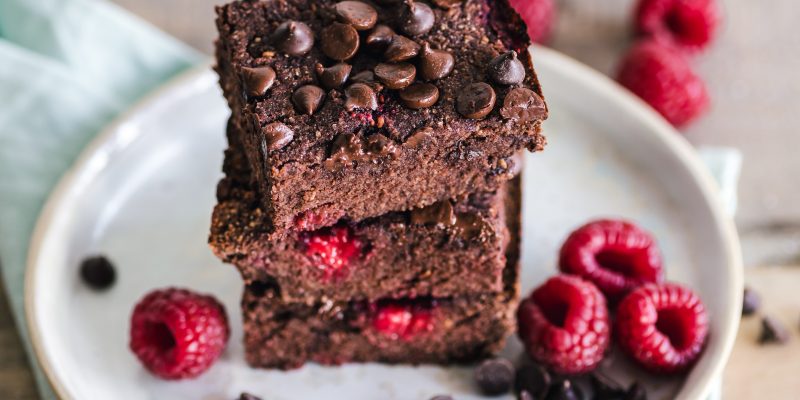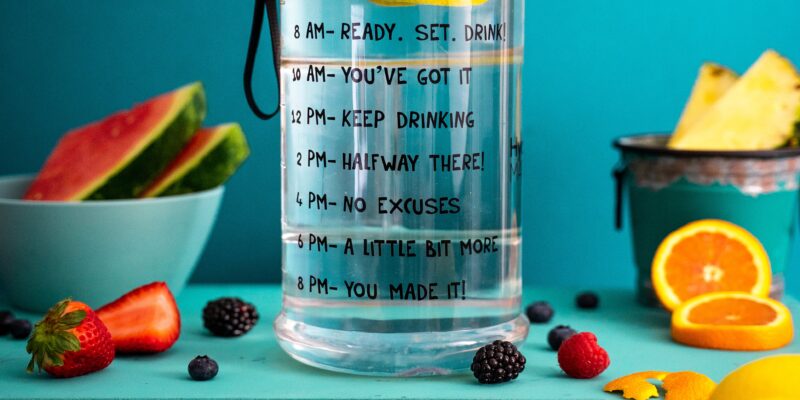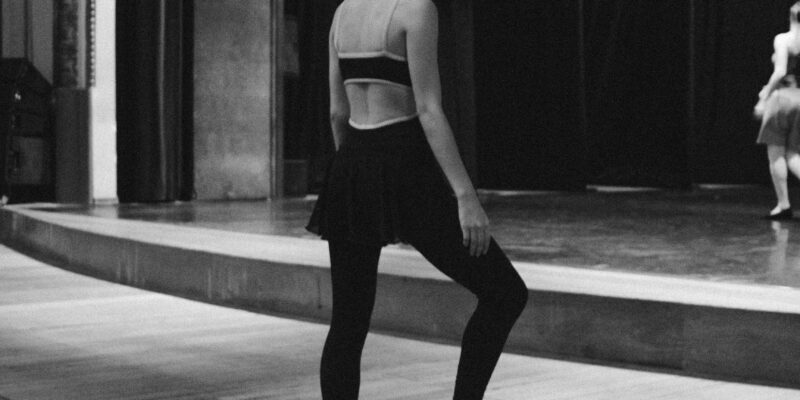Packing school lunches for dancers doesn’t have to be stressful. The key is balance: meals that provide energy for training, support focus in the classroom and studio. This guide walks you through dancer-friendly lunch strategies, including the bento box method for variety, and highlights practical snack swaps. Whether your dancer is adventurous or picky, these lunch ideas will help fuel both their artistry and athleticism.
Read More...Nutrition Without Obsession
The Healthy Dancer® centers around Nutrition without Obsession to build a healthy relationship with food while freeing oneself from rigid rules and diet culture pressure. Only then can tools like the nutrition facts label be used in a supportive, non-restrictive way. In this post, you’ll learn when labels can help you fuel for performance, when to set them aside, and how to integrate them into your choices without losing flexibility or joy in eating.
Read More...Dancers and Bone Health: 5 Steps to Stronger Bones
Strong bones are essential for every dancer, but they don’t just happen on their own. From fueling adequately to embracing fats and understanding your set point weight, this guide breaks down five essential steps dancers can take to support long-term bone health and reduce injury risk.
Read More...Nutrition for Dancers: Your Training Diet
When it comes to a dancer’s schedule, training takes up the bulk of time. While some dancers might be in the studio 4–5 hours per week, others can log up to 30 hours of dancing weekly. Whether you’re dancing a few hours or committing to a full-time training schedule, your body needs consistent nourishment to support this demand. That’s where your training diet comes in.
Read More...How Can Dancers Eat Healthy When Traveling?
Whether you’re heading on holiday, vacationing with family, or traveling on tour, staying nourished and grounded can feel surprisingly challenging, especially for dancers who rely on routine. Even for the seasoned intuitive eater, stepping away from familiar surroundings can stir up discomfort around food, movement, and self-care. Let’s explore how dancers can stay fueled and feel good while traveling.
Read More...Your Best Tool to Navigate Cravings as a Dancer
When dancers think about cravings, it’s often through a lens of guilt and fear, especially when those cravings involve foods like cookies, fries, or donuts. In this article, we’ll unpack why dancers experience cravings, what those cravings mean, and how to manage them without falling into the all-or-nothing mindset.
Read More...Can Dancers Eat Dessert Every Day?
Many dancers question whether dessert can truly have a place in their daily lives. Can it be part of a balanced, performance-supportive lifestyle? How much is “too much,” and is dessert inherently “bad”? This article will help you navigate dessert decisions and offer a powerful mindset shift, so you can build a relationship with sweets.
Read More...What Does It Mean to Have Unconditional Permission To Eat?
If you’ve felt like intuitive eating isn’t “working” for you, pause and reflect. It’s not that you’re doing it wrong. More often, it’s that you’re still healing from the residue of diet culture: the scarcity thinking, the fear of abundance, the moralizing of food. You need to trust yourself around food. This happens with unconditional permission to eat.
Read More...Dance Parents: Your Role Matters
As a dance parent, your role in fundamental to the success of your dancer’s career. This article provides first-hand experience and 5 key strategies to consider to support your dancer’s passion.
Read More...Dance Parents Share Their Stories: The Reality Behind Raising a Young Dancer
Real dance parents share their honest experiences raising young dancers—from managing injuries and school stress to navigating nutrition and body image in the dance world.
Read More...Dance Nutrition Workshops- Everything you need to know
Nutrition workshops for dancers are a key element of a dance school or company’s training efforts. Nutrition workshops from qualified dietitians are encouraged to combat common challenges that exist for both the dancers and the educators. Learn why evidence-based nutrition education matters for dancers and the signs your studio needs one now.
Read More...Rehydration Therapy for Dancers: When Electrolytes Matter
Not drinking enough fluids— especially during the hot and humid summer months— can impact everything from stamina to flexibility. For pre-professional and professional dancers, a planned hydration strategy isn’t just helpful; it’s essential. This post dives deeper into rehydration therapy: when dancers need electrolytes, what types are best, and how to choose the right supplement for your schedule and sweat rate.
Read More...Hydration for Dancers: A Guide to Staying Fueled and Flexible
Beyond basic health, hydration can impact flexibility, stamina, and focus. Needless to say, proper hydration is essential for performance, recovery, and injury prevention. In this post, we’ll dive into everything dancers need to know about staying hydrated, without the obsession. You’ll learn how to assess your hydration needs, what to drink (and when), and practical tips to fuel your performance throughout dance classes, rehearsals, and intensives.
Read More...The Truth About Cereal and Performance
Breakfast cereals — and carbs in general — can have a place in a dancer’s balanced, performance-supportive diet. In this article, we’ll challenge the myths, explore how cereal can fuel your dancing, and walk through how to optimize your bowl to align with your unique goals, all while enjoying your food, guilt-free.
Read More...What Is Practical Hunger? A Dancer’s Guide to Proactive Fueling
Practical hunger is one of the five hunger cues that dancers can work to identify throughout any given day. Unlike more obvious hunger cues like stomach pains, practical hunger relies on flexible meal planning to prevent extremes. It’s a key tenet of The Healthy Dancer®, and it supports performance, recovery, and overall well-being.
Read More...Dancers and Overeating
If you’re a dancer who feels stuck in a loop of “good” days and “bad” nights, know this: you are not doing anything wrong. You’re likely underfed, overtrained, and emotionally taxed. This article will help you understand why dancers “over-eat,” how that differs from binge eating, and how to stop swinging between feeling extremely in control and completely out of control around food. Spoiler: the answer is rebuilding trust with your body.
Read More...How to spot diet culture: the disguise of “Anti-Diet” and “Food Freedom”
From calorie-counting apps to color-coded food systems, many of today’s so-called “wellness” tools promise to help you eat smarter, manage your weight, or develop healthier habits. But look closer, and you’ll find a familiar pattern: restriction disguised as lifestyle advice. I previously unpacked how clean eating glorifies restriction. I’ve also shared a how-to guide for identifying five red flags of ‘anti-diet food freedom’ fraud. However, while the branding evolves, the harm persists, and this article reveals three key fundamentals you should be aware of regarding these trends.
Read More...Recovery Buy-In: Is Your Dancer Ready for Nutrition Support?
Knowing if a dancer is ready to heal their relationship with food can be confusing. If you’re a parent or dance educator, You’re not alone in asking, “is my dancer ready to heal their relationship with food?” The answer lies in a concept we call buy-in— and it’s more complex (and compassionate) than it sounds. Let’s break down what buy-in means, what it can look like in a dancer, and how to encourage it with patience, compassion, and trust.
Read More...Can Dancers Create A Healthy Relationship with Food?
Your relationship with food is more than what’s on your plate— it’s the foundation of a sustainable, fulfilling dance career. And while “positive” might sound ideal, it can also feel unrealistic— especially if you’re struggling. That’s why I encourage dancers to aim for a working relationship with food: one that evolves, grows, and supports you through every stage of your journey. Here’s a step-by-step guide to help dancers build a healthier, more functional relationship with food.
Read More...Emotional Eating for Dancers: 5 Strategies to Navigate It Without Shame
The act of eating is emotional, and that’s not a flaw. It’s a fact of being human. And for dancers, who exist in high-pressure, body-conscious environments, this connection often runs even deeper. In this article, we’ll explore the #1 reason dancers turn to food emotionally, along with a practical, compassionate roadmap for navigating emotional eating.
Read More...